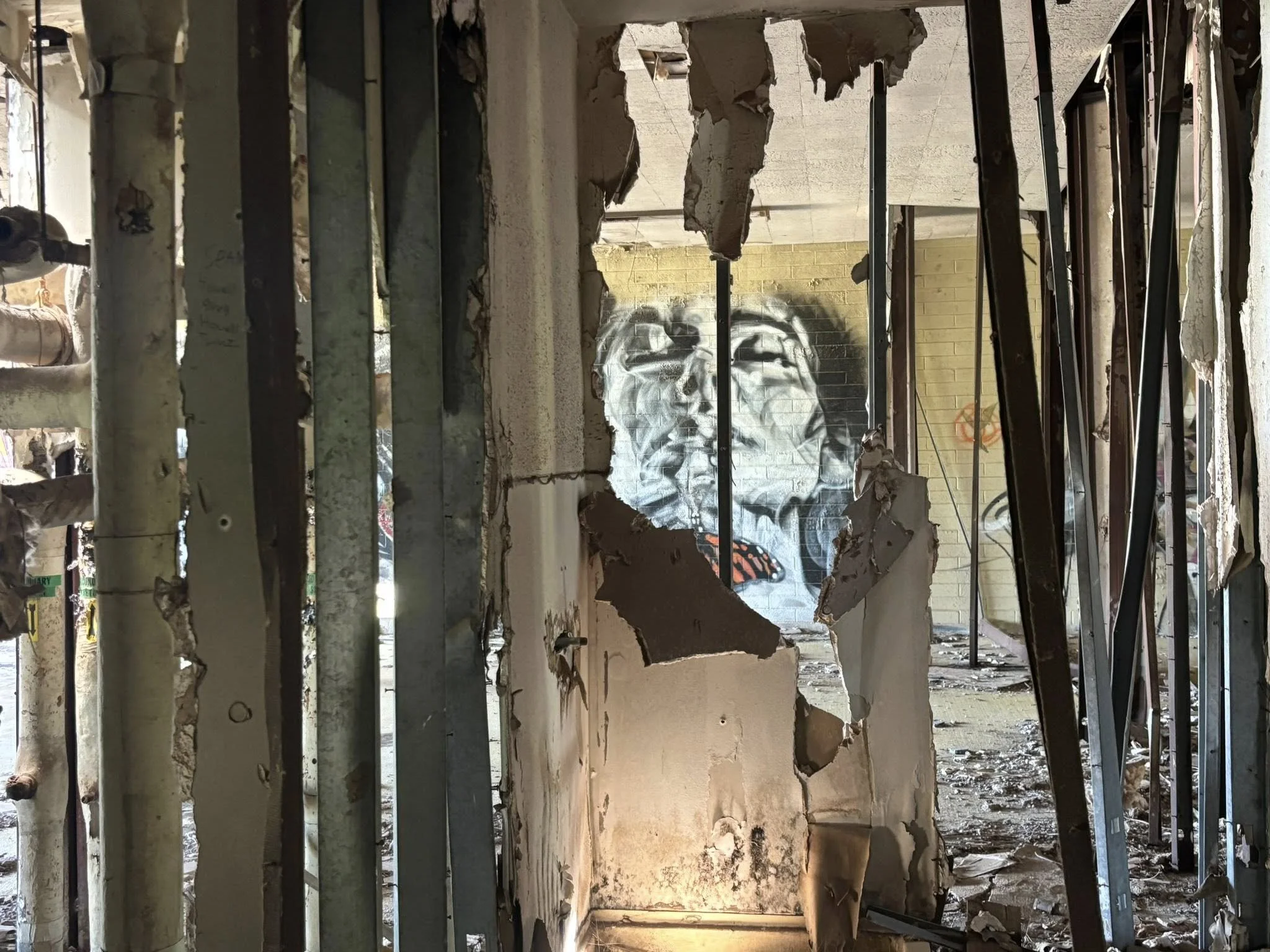Healing Requires Remembering: Why Knowing the History of Native Reproductive Oppression Matters Today
By Olivia Friday Loneman, M.Ed, CSE
I come from generations who endured separation, loss, and survival in the face of colonial violence. My ancestors were taken from their people, my grandmothers bore children under circumstances not of their choosing, and my father was forced to hide who he truly was, often for his own safety. For much of my fathers life, practicing culture and ceremony was literally against U.S. law. It wasn’t until Jimmy Carter signed the American Indian Religious Freedom Act in 1978 that even the smallest religious, cultural and ceremonial protections were granted to us by our occupiers. 1978 is also the year I was born.
The history of Native Oppression in the U.S. is not distant history. These are the stories I carry in my body, the history that sits in my heart as I walk into classrooms and clinics, when I meet with young people, community members and CEOs. I share these stories - my story - to bring the history of Native Oppression into sharp focus, in every conversation I have. Our stories, our histories, our traumas, are so deeply connected to the land we are from, the land that was taken from us and portioned back. The same land that White medicine sits on and yet they know nothing about this history. They need to know.
When I stand before a room of providers, educators, or community members, I always begin with some version of my own story, like the one above. Not because I like the spotlight, but because who I am - my ancestors, my family, my lived experiences as a Cheyenne Arapaho woman, mother and educator - is inseparable from the work I do. To ask me to separate the personal from the professional is itself an act of white supremacy, and to show up in my full authenticity is an act of resistance.
Why Remembering Matters
The U.S. has a long, painful history of controlling Native bodies and families. From the forced sterilizations carried out by the Indian Health Service in the 1970s, to the residential schools that removed Native children from their homes well into the 1990s, to the ongoing removal of Native kids from Native families today (some would argue that the foster care system is the modern-day residential school). These are not abstract injustices, these are not historical points in time. They are ongoing threads of a colonial project rooted in denying Native people the right to autonomy, family, and culture.
Systems of oppression operate best when they operate invisibly. And too often, our medical systems continue this invisibility by failing to acknowledge the legacies that shape mistrust, trauma, and health disparities today.
The Role of Providers, Educators, and Community Leaders
For mental and medical health providers, ignoring this history isn’t neutrality, it is complicity. Native people’s mistrust of doctors, clinics, and hospitals is not irrational; it is the result of generations of abuse. To build trust, providers must learn this history and understand that their work exists inside it. Trauma-informed care starts with acknowledging the truth, and this includes the truth of the trauma and harm perpetrated on our bodies by their systems.
For educators, remembering means teaching the real story of reproductive injustice, naming residential schools, sterilizations, eugenics, and coerced contraception alongside resilience, survival, and resistance. Without this, students inherit the same silence that has allowed harm to continue.
And for community leaders, remembering is about advocating for policies rooted in reproductive justice: the right to not have children, the right to have the children we want, and the right to raise them in safe, culturally affirming environments.
Graffiti at the Concho Indian Boarding School, in Concho, Oklahoma. In operation from 1909 - 1983. Photo taken in 2025.
The Ongoing Impacts
Today, Native women face disproportionately high maternal mortality rates. Native patients continue to experience dismissal of their pain, lack of informed consent, and denial of culturally competent care. Families are still torn apart in child welfare systems. Our relatives go missing and are murdered at staggering rates, their cases ignored or dismissed by the very systems meant to protect them. None of this is accidental, it is the echo of centuries of reproductive control. It is part of the ongoing Native genocide that the American project is built on.
Moving Forward with Love and Accountability
Reproductive Justice, as Black feminist activist Loretta Ross reminds us, was built on the backs of women of color. It requires that we move beyond rights and into justice - justice that sees the whole person, their community, their history, and their future.
For those of us working in healthcare, education, or community spaces, this means slowing down, listening deeply, honoring experiences, and building community rooted in love. It means remembering that the harm is not only past tense, it is still happening in real time.
The good news? The solutions are happening in real time, too. Native communities are reclaiming ceremonies, advocating for policy change, training the next generation of providers, and telling our stories so they cannot be erased.
When I wear the moccasins my grandmother made, or hold the eagle feather given to me when I earned my Master’s degree, I feel the strength of survival. But I also feel the weight of what was taken. That dual truth is what Native people carry every day: resilience and grief, survival and loss, a constant reminder that healing cannot happen without remembering.
And true healing requires that the rest of the world remembers, too.
Many Paths Consulting, all rights reserved ©2025
